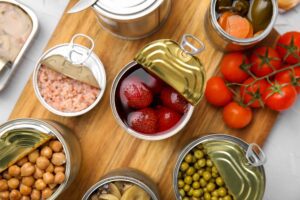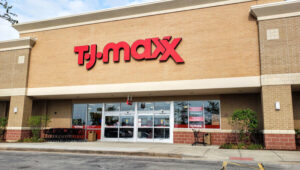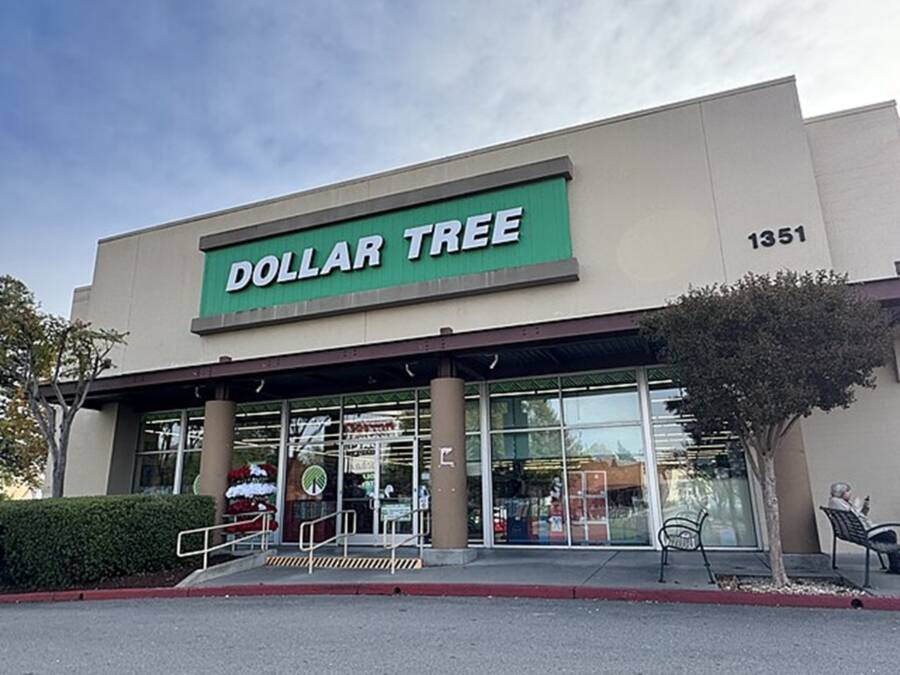Can you guess what store produce companies are hiding from you?
A couple of tomatoes, some apricots for that fruit tart, potatoes, cucumbers, salad, onions, and maybe some strawberries… this is how a shopping list for fresh produce may sound like for many of us. We have one or two favorite grocery stores in the neighborhood, which is awesome because we don’t have to drive 2 hours to get something affordable and savory.
Now, because I like stirring the pot in today’s article, we will go through some things most stores are hiding from you. After this quick read, I bet your shopping habits will change completely and for the better. So, without further introduction let’s start!
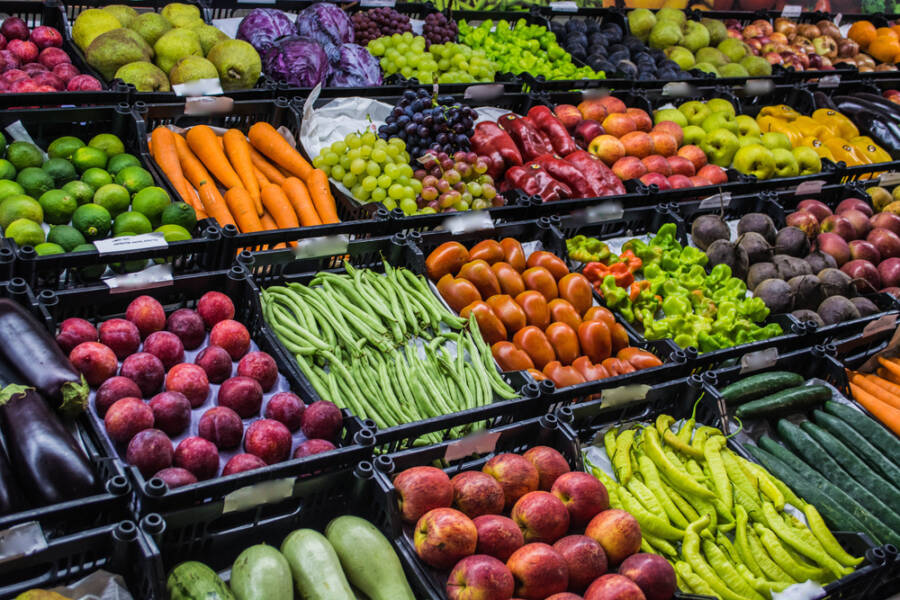
Misting machines over the fresh produce? Not a good idea!
You probably noticed that in the past years, with this heat wave going on, a lot of grocery stores have been installing misting machines over the fresh produce to keep it as fresh as possible. In reality, this is just a scam for customers and especially their budget. Why?
As water builds up on your product, the price per weight actually increases. Furthermore, if the misting system gets dirty, the moisture may occasionally result in mold development over the vegetables and fruits.
The fresh produce isn’t as “fresh” as promised
This is especially applicable to big supermarkets, which are usually trying to make people believe that everything on their shelves is both fresh and affordable at the same time. Well… bummer, not all the produce is fresh. For example, apples. Since these fruits are usually gathered in the fall, how are you getting fresh apples in the middle of July at your grocery store? The answer is simple: extended storage.
Apples are prepared for storage until the following apple season, and after being harvested, they are hurriedly stored in a controlled environment together with coating chemicals and growth insecticides. A regular grocery store apple is from the previous crop, so the fresh apple you wish to purchase may be at least ten months old.
That’s why if you want to be sure your fruits are fresh, try and go shopping at local farmers. Indeed, they will have higher prices, but at least you will know that what you’re eating is healthy and fresh.
“Organic” does not imply “pesticide-free”
Another thing that is usually something hidden from the eyes in most grocery stores is what “lies” under the organic label. When you hear the term “organic produce,” you probably think of fruits and vegetables that were raised in safe conditions free of pesticides and other substances that might pose a health risk. Of course, nobody from grocery stores would admit to the use of pesticides, even in the cultivation of organic vegetables.
Furthermore, don’t let the label trick you—organic doesn’t mean you can skip any washing or cleaning measures once you get it home!
The freshest produce is often hidden
Do you remember that golden rule of all supermarkets of displaying the items that are soon to expire in the front and the ones that expire later on in the back? Digging a little may be necessary to get the freshest produce, meaning the items that were most recently laid out for consumers. Thus, be ready to look around a little if you’re looking for a fresher watermelon. But I promise it’s worth it!
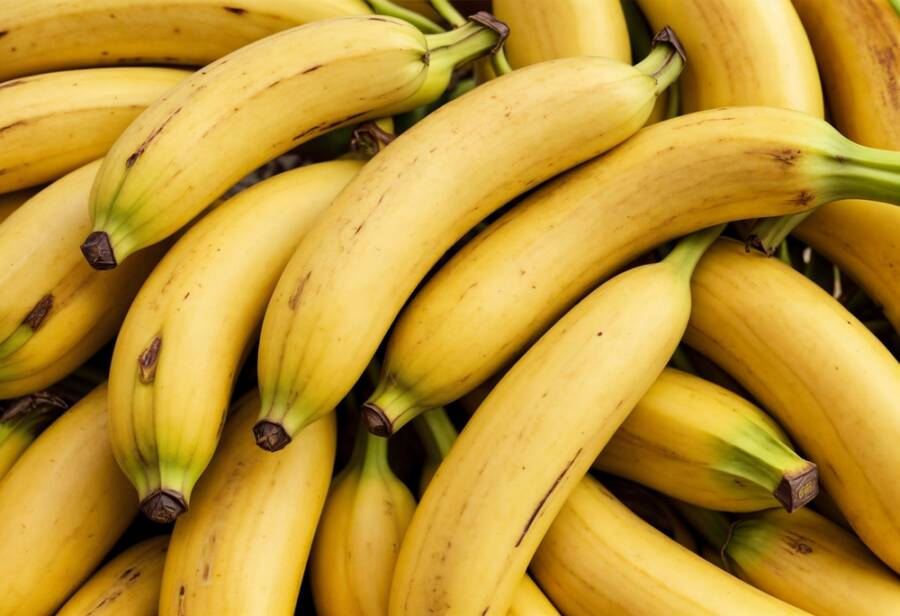
Bananas are chemically ripened
Numerous studies claim that a scientific method enables banana growers to pick the fruit when it’s still extremely green, stop the ripening process, and then start the process again right before the bananas are distributed to customers.
While most people are looking to buy ripened bananas, why don’t you try and look for the green ones if you find any at the grocery store? They’re less sugary, and there are more chances to be fresher too. Plus, you don’t have to worry if you don’t consume them right away. Stored in the right conditions, they can last up to three days until they turn vivid yellow.
…psst! Looking to add some flair to your grocery shopping experience? Consider purchasing a reusable, foldable, and heavy-duty tote bag. This set of 12 shopping tote bags is available in a wide range of colors, making it nearly impossible not to find at least two that you love. Buy yours from Amazon for just $23.19.
Pre-cut fruit? You’re better off!
Yes, it’s convenient, no doubt. However, instead of saving time, you better save money and watch out for your health. Grocery stores are hiding the fact that the fruit that has been chopped and packed for retail sale is open to light, heat, and air. All of these factors have the potential to diminish the fruit’s nutritional content and swiftly destroy its quality.
When something has been chopped and packed someplace else, bacteria like E. Coli and salmonella can potentially be a problem. So, it might be a better idea to just slice and chop the fruits you bought at home. It’s safer, and trust me unless you’re preparing a fruit salad for 20 people, you will be done in less than 10 minutes.
Juicy and tempting grapes? They might have unwanted… guests
Can you imagine going to one of your favorite grocery stores to buy grapes and suddenly having a spider jump over your hand while you’re picking out the ones you like? Yikes! To eliminate any sneakers, pesticides are typically put on fruits both after harvesting and before transportation; but, sometimes, those spooky creatures manage to escape.
Of course, nobody can blame you for merely attempting to figure out the best course of action when presented with a frightening bug, Scientific American advises you to scoop it up rather than crush it. Make sure you bring them to the hospital with you if they bite you so they may be recognized and given the appropriate care.
Soups and salad bars may have outdated vegetables
If the grocery stores buy more produce than they can actually sell, then some of it might be tossed out. Yet, not all of it. So what happens to it? In their salad and hot bar selections, grocery retailers will include fruits, leafy greens, and vegetables that are getting close to or past their best-before date.
If you eat them, would it make you sick? Well, probably not, but because you can’t be sure if they were well-cleaned before cooking, I would advise against it.
Support local farmers and skip buying produce from grocery stores
Local farmers are often paid less than fair prices for the produce that they sell at some supermarket shops. Look for farmers’ markets, co-ops, and community-supported agriculture organizations if you would prefer that more than one percent of your purchase go to the farmers who produced the food.
They grow them under ideal circumstances and provide items of a better caliber. You can also be sure that they are nutritious as well.
Where do you prefer to buy your fresh produce? Tell me in the comments.
Looking for more shopping insight? Check out another related article from our page: Frugal and Healthy? Skip Adding These To Your Shopping Cart!






